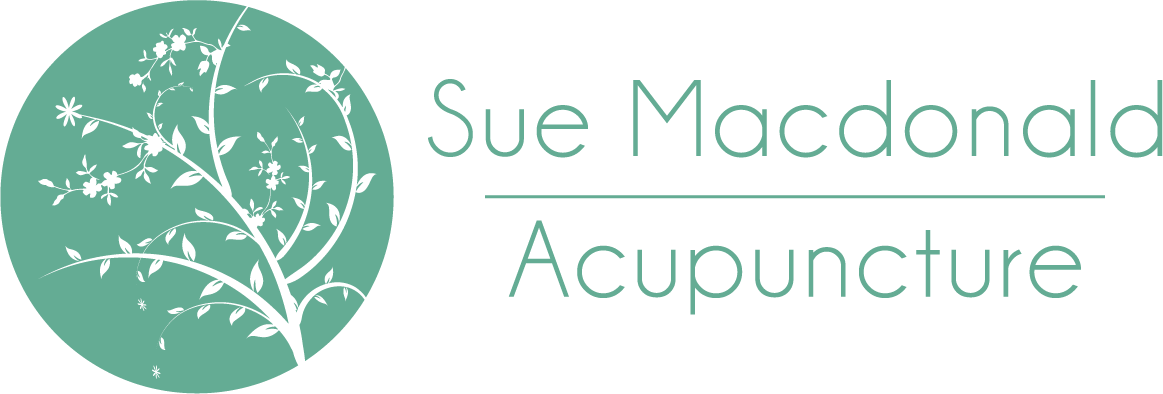I am very excited to have started a post graduate course in Chinese Herbal Medicine with the Phoenix Academy at the University of Westminster. This will go a long way to completing my ‘tool box’ of traditional Chinese Herbal Medicine.
A little bit of information about Chinese Herbs:
About Chinese Herbal Medicine:
Chinese Herbal Medicine is one of the great herbal systems of the world, with an unbroken tradition going back to the 3rd century BC.Yet throughout its history it has continually developed in response to changing clinical conditions, and has been sustained by research into every aspect of its use. This process continues today with the development of modern medical diagnostic techniques and knowledge.
Chinese Herbal Medicine, along with the other components of Chinese medicine (nutrition, acupuncture, Tui Na and Qi gong) is based on the concepts of Yin and Yang. It aims to understand and treat the many ways in which the fundamental balance and harmony between the two may be undermined and the ways in which a person’s Qi or vitality may be depleted or blocked. Clinical strategies are based upon diagnosis of patterns of signs and symptoms that reflect an imbalance.
Herbal Medicine and Modern Pharmacology
There is a growing body of research, which indicates that traditional uses of plant remedies and the known pharmacological activity of plant constituents often coincide. However, herbal medicine is distinct from medicine based on pharmaceutical drugs. Firstly, because of the complexity of plant materials it is far more balanced than medicine based on isolated active ingredients and is far less likely to cause side effects.
Secondly, because herbs are typically prescribed in combination, the different components of a formulae balance each other, and they undergo a mutual synergy, which increases efficacy and enhances safety. Thirdly, herbal medicine seeks primarily to correct internal imbalances rather than to treat symptoms alone, and therapeutic intervention is designed to encourage this self-healing process
It is thought that Chinese herbal medicine has a role to play in the treatment of the following conditions:
Skin disease, including eczema, psoriasis, acne, rosacea, urticaria
Gastro-intestinal disorders, including irritable bowesyndrome,chronic constipation, ulcerative colitis
Gynaecological conditions, including pre-menstrual syndrome and dysmenorrhoea, endometriosis, infertility
Hepatitis and HIV: some promising results have been obtained for treatment of Hepatitis C, and supportive treatment may rbe beneficial in the case of HIV
Chronic fatigue syndromes, whether with a background of viral infection or in other situations
Respiratory conditions, including asthma, bronchitis, and chronic coughs, allergic and perennial rhinitis and sinusitis
Rheumatological conditions (e.g. osteoarthritis and rheumatoid arthritis)
Urinary conditions including chronic cystitis
Psychological problems (e.g. depression, anxiety)
Many of these conditions, especially in their chronic forms, create great difficulty for conventional medicine, whilst Chinese Herbal Medicine has a great deal to offer. The results that can be expected and how long a patient will have to take the herbs for will depend on the severity of the condition, its duration, and the general health of the patient.
Are herbs safe?
Chinese herbs are very safe when prescribed correctly by a properly trained practitioner. Over the centuries doctors have compiled detailed information about the pharmacopoiea and placed great emphasis on the protection of the patient. Adverse reactions can occur with any form of medicine. In the case of Chinese herbal medicine these are rare.

